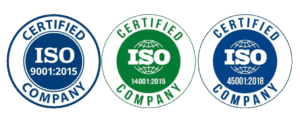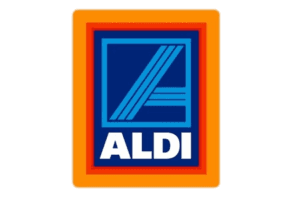Smart Packaging Choices That Save Costs and Improve Efficiency
Explore Carewell custom packaging solutions tailored to your business.
What Is Contract Packaging?
Before comparing, let’s define the basics.
- Contract Packaging Definition: Contract packaging (also called co-packing) is when a business outsources its packaging operations to a third-party specialist. These companies handle everything from designing, assembling, filling, labeling, and shipping products on behalf of the brand.
- Contract Packaging Meaning: In simple terms, it means you supply the product, and the contract packaging company supplies the expertise, equipment, and labor to package it efficiently.
- Contract Packaging Business Model: This model works on a partnership basis—brands focus on production and marketing, while contract packaging companies manage packaging and logistics.
In contrast, in-house packaging means the business itself invests in equipment, staff, and facilities to package products directly.
Package vs Packaging: A Quick Clarification
Many confuse package and packaging.
- Package refers to the final wrapped product—like a food tray, carton, or mailer.
- Packaging refers to the overall system and process, including design, materials, and labor.
Understanding this difference helps when considering whether to handle packaging internally or outsource it.
Pros of Contract Packaging
- Lower Capital Investment – No need to buy expensive machinery or hire large packaging teams.
- Scalability – Ideal for startups and growing brands that need flexible production runs.
- Speed to Market – Specialists can handle quick turnarounds.
- Access to Expertise – Benefit from packaging engineers and industry knowledge.
- Compliance & Quality – Many contract packaging companies are certified for food, safety, and sustainability.
Cons of Contract Packaging
- Less Direct Control – You rely on a third party for processes.
- Minimum Order Quantities – Some providers set production thresholds.
- Dependency on Partner – If your co-packer faces delays, it can impact your timelines.
Pros of In-House Packaging
- Full Control – Manage your own team, equipment, and quality checks.
- Brand Consistency – Direct oversight on every packaging detail.
- Long-Term Cost Savings – For businesses with large, consistent volumes, investing in in-house may reduce per-unit costs.
Cons of In-House Packaging
- High Upfront Investment – Machinery, labor, and facilities can be expensive.
- Slower Scalability – Expanding operations takes time and capital.
- Complex Logistics – You take on the burden of managing storage, distribution, and compliance.
Cost Analysis: Which Is More Affordable?
- Startups & Small Businesses: Contract packaging is usually more cost-effective because it avoids the massive upfront costs of equipment.
- Mid-Sized Businesses: Outsourcing often helps maintain flexibility and focus on core growth.
- Large Enterprises: If volumes are high and predictable, in-house packaging may reduce costs long-term, but many still use contract packaging for overflow or specialty projects.
Making the Right Decision
Ask yourself:
- Do I want to invest heavily in packaging infrastructure?
- How quickly do I need to scale production?
- Are my packaging needs stable or seasonal?
- Is compliance and sustainability a priority for my brand?
If you need flexibility, lower risk, and quick market entry, contract packaging is likely the smarter choice.
Carewell Group: Packaging That Grows With You
At Carewell, we support businesses with custom packaging solutions that balance cost, efficiency, and scalability. Whether you’re considering outsourcing for the first time or looking to expand your packaging capacity, we offer expertise and tailored solutions to help your products stand out.
Discover Carewell custom packaging services and see why so many Australian brands trust us with their packaging.
Conclusion: Contract Packaging vs In-House Packaging
Both models have advantages, but the decision depends on your budget, business size, and growth trajectory. Outsourcing gives you speed and flexibility, while in-house offers control and potential long-term savings. With Carewell Group, you can choose a partner that grows alongside your needs.
Carewell Group Pty Ltd
Unit 27/191, McCredie Road, Smithfield, NSW 2164
Phone: +61 0477 123 699
Email: sales@carewellgroup.com.au | info@carewellgroup.com.au | logistics@carewellgroup.com.au








